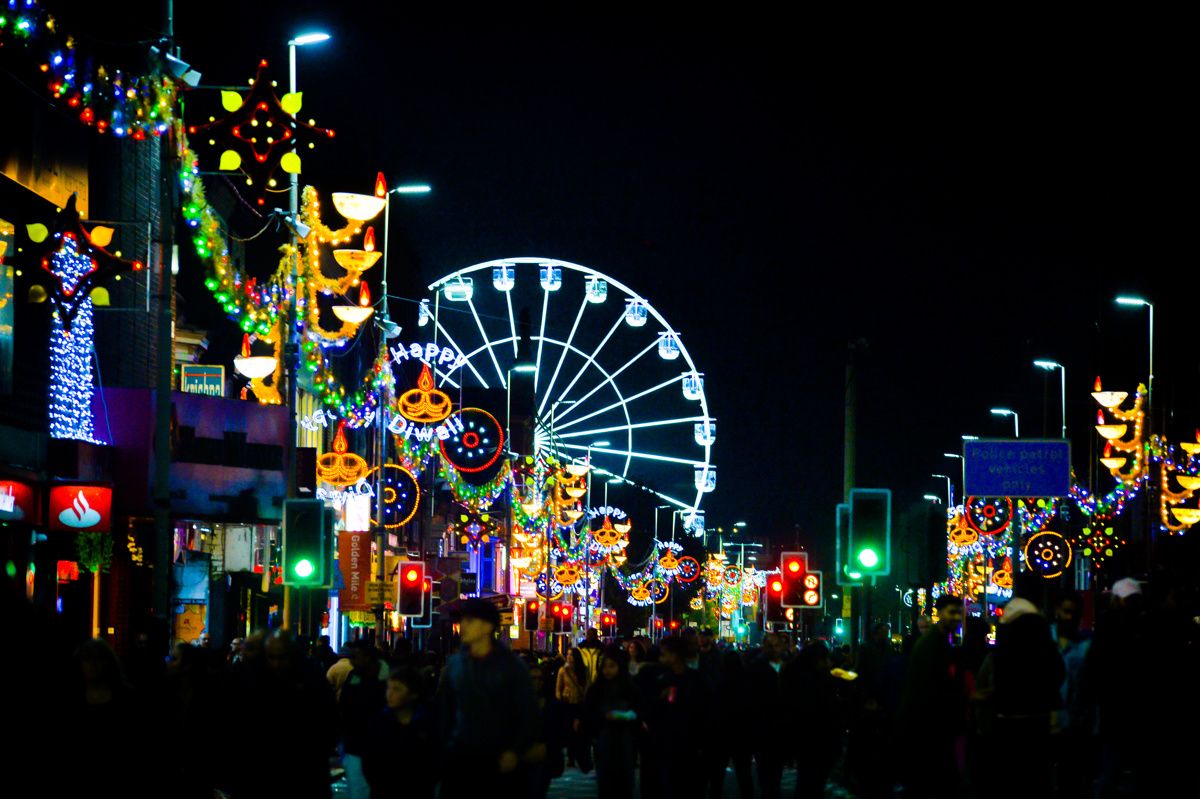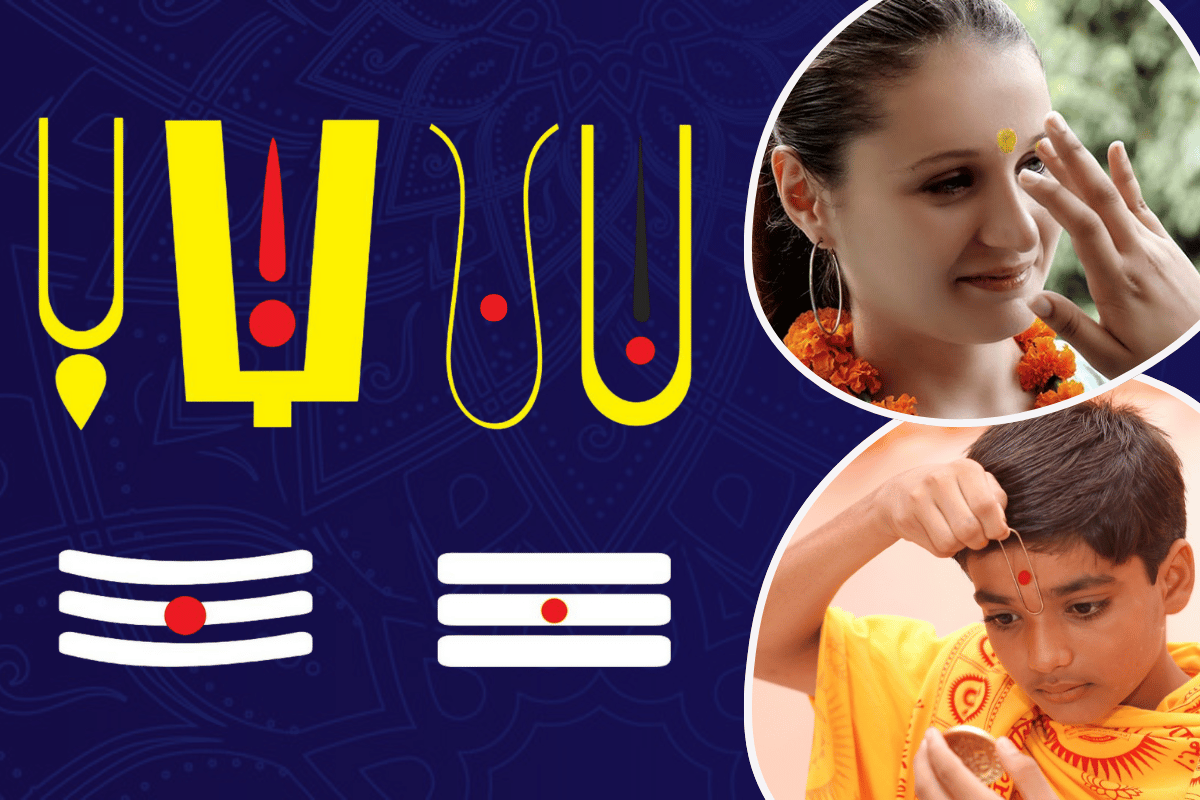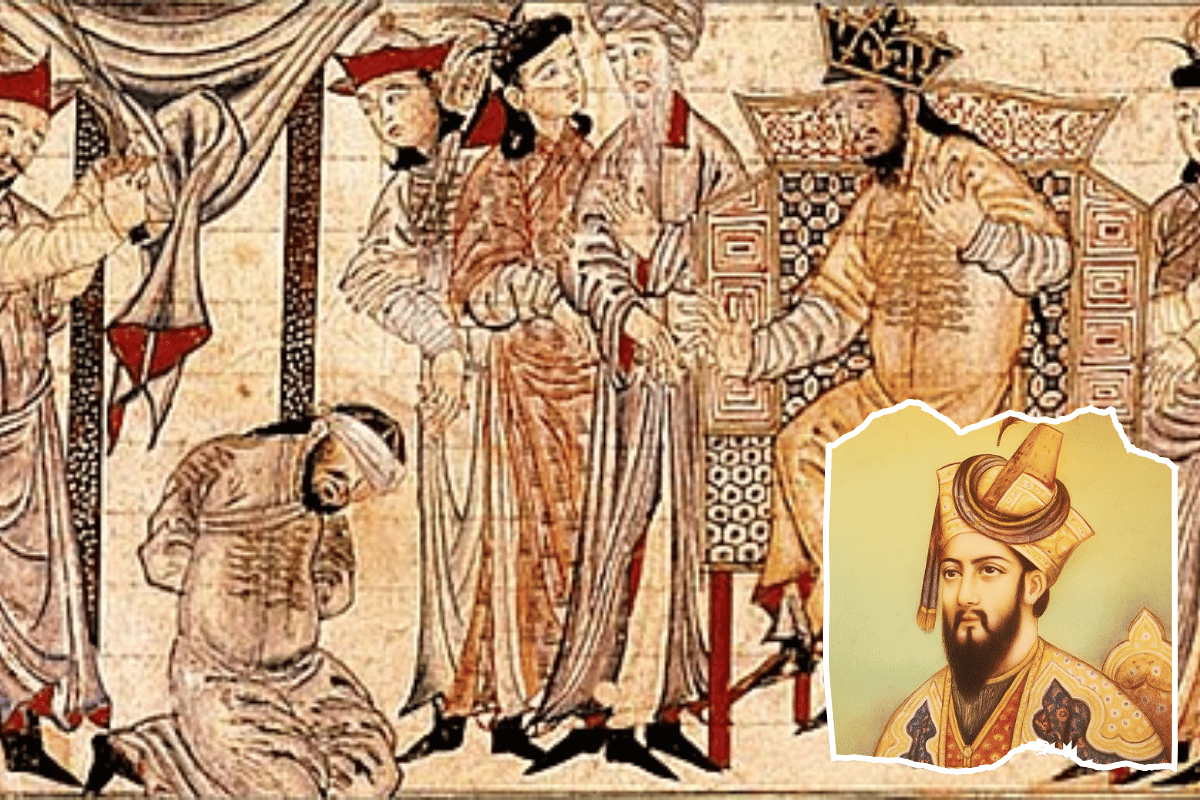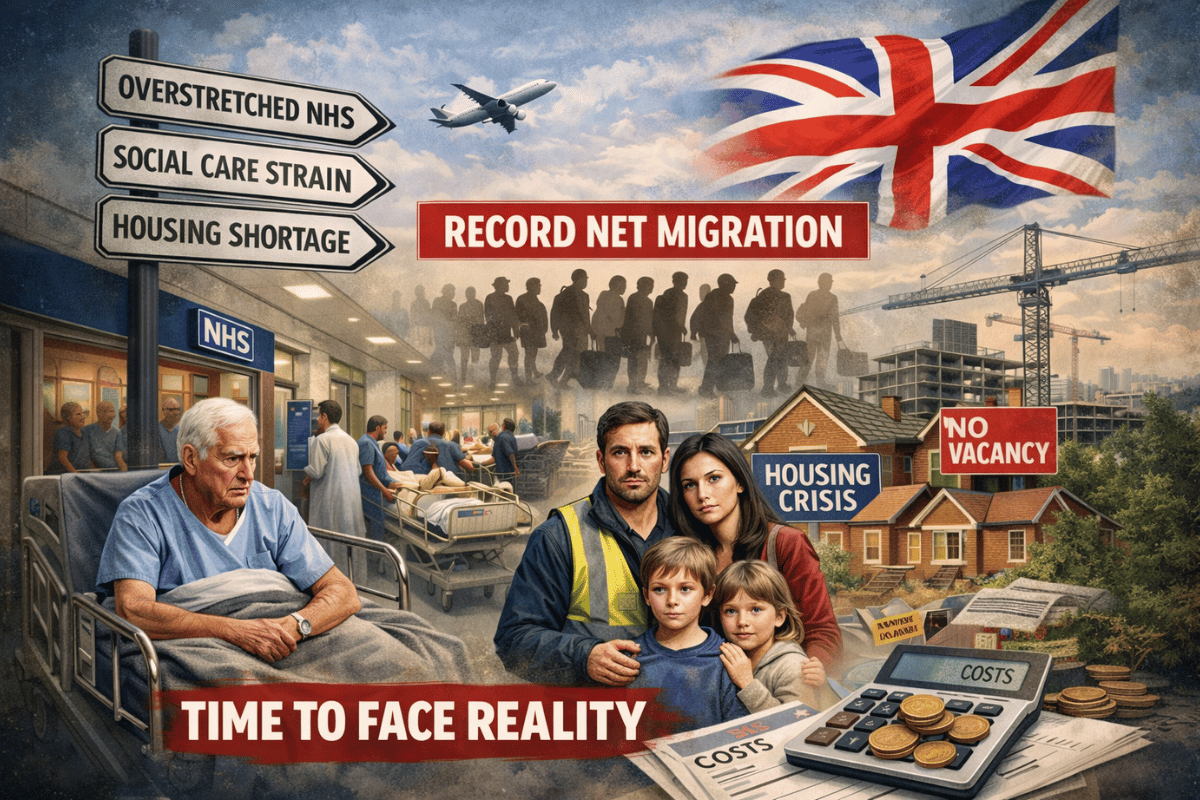
As the Global Peace and Unity Festival approaches, scheduled for the 19th and 20th of October at London’s Excel Centre, concerns are growing about the true nature of the event and its potential impact on British society.

Organised by the Islam Channel, the festival purports to be a celebration of peace and unity. However, a closer look at some of the invited speakers and supporters raises serious objections about the ideology and message being promoted on such a large public platform.
One of the most concerning figures set to speak is Maulana Tariq Jamil, a prominent religious figure from Pakistan with a controversial history of inflammatory and divisive rhetoric. Over the years, Tariq Jamil has made several statements that fuel intolerance and discrimination, particularly against women, minorities, and non-Muslims.
During the early stages of the COVID-19 pandemic in April 2020, he attributed the outbreak of the virus to the “immodesty” of women, suggesting that the pandemic was a form of divine punishment. Such remarks not only reflect an outdated, misogynistic worldview but also dangerously shift blame for global crises onto vulnerable groups, fostering a culture of scapegoating.
Moreover, Tariq Jamil’s sermons have long been a source of concern for those worried about the spread of extremist ideologies. His speeches have often deepened sectarian divides, particularly between different Muslim sects, and further alienated non-Muslims, including Hindus. In some of his past speeches, Jamil has mocked Hindus, referring to them using derogatory terms like “stone worshippers”, which is not only a gross misrepresentation of Hindu culture but a direct insult to over a billion Hindus worldwide, including the large Hindu population in Britain. Such statements threaten the very fabric of Britain’s multicultural and multi-religious society.
Compounding these concerns is Jamil’s senior involvement with the Tablighi Jamaat, a controversial Islamist movement that has been banned in several countries due to its links with extremism and radicalisation. While the organisation claims to focus on religious revival and preaching, it has been linked to members involved in terrorist activities both in the UK and abroad. In light of this, Jamil’s presence at a festival supposedly promoting “peace and unity” sends a troubling message about what kind of unity is being endorsed—and at what cost to social harmony.
Equally alarming is the support the festival has garnered from the Muslim Council of Britain (MCB), which has a government-wide ban on civil services engaging with it. The MCB has often come under scrutiny for promoting controversial figures and not adequately distancing itself from radical elements within the community. By associating with such groups, the festival risks legitimising extremist views under the guise of promoting peace, effectively making it a platform for individuals who threaten social cohesion.
Another notable figure involved in the event is Zwelivelile Mandela, who has openly voiced his support for Hamas, a terrorist organisation designated by the UK, the US, and the European Union. By inviting individuals who align with terror-affiliated groups, the festival further undermines its claims of promoting global peace, as these figures actively support entities that perpetuate terror, violence and destabilisation.
While the idea of celebrating global peace and unity is a noble one, the inclusion of speakers and supporters with questionable, if not outright dangerous, affiliations poses a real threat to the values of tolerance and mutual respect that Britain prides itself on. Rather than fostering understanding, the event risks becoming a megaphone for extremist voices, providing them with legitimacy and access to a large audience.
The British public, and especially its leaders, must take a closer look at the implications of allowing such an event to take place without raising objections. In a time when the UK is striving to maintain harmony among its diverse communities, it is crucial to ensure that public platforms do not become breeding grounds for divisive ideologies that can foster hatred, extremism, and social unrest.
If the Global Peace and Unity Festival is to live up to its name, it must distance itself from individuals and groups that promote division, intolerance, and extremist views. Failing to do so not only betrays the values of peace and unity but also risks endangering the very social fabric that such festivals claim to celebrate.
References
- https://www.geo.tv/latest/284778-mazari-bashes-religious-leader-who-blamed-women-universities-for-coronavirus
- https://dailytimes.com.pk/601968/maulana-tariq-jameels-comments-on-women-create-controversy/
- https://twitter.com/pakistan_untold/status/1386586891072544768
- https://themuslim500.com/profiles/tariq-jameel/
- https://www.telegraph.co.uk/politics/2023/11/04/mod-to-cut-ties-with-muslim-council-of-britain/









